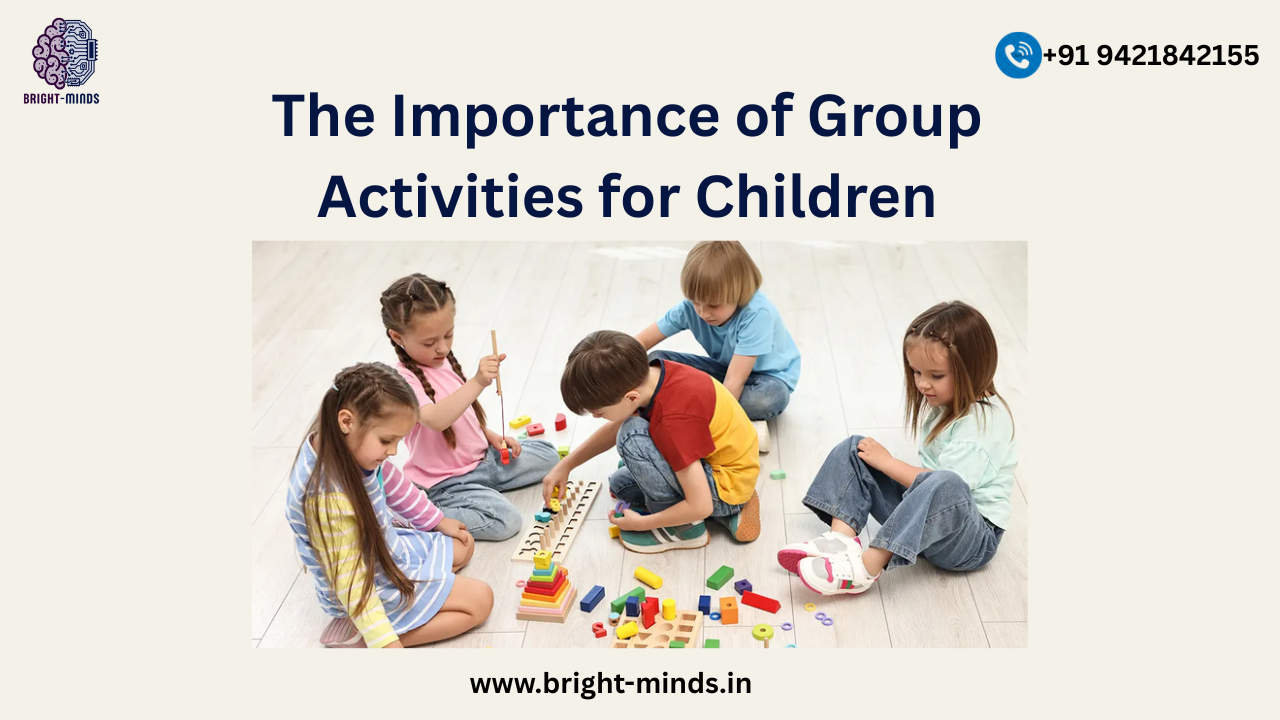- Best Board Games That Build Brain Power in Kids
→ A list of fun and educational games by age group. - Building Social Skills
🤝 Learn how to interact with others
Why it’s essential:
Group activities provide children with valuable opportunities to practice essential social skills such as sharing, listening, and communicating effectively. By interacting with their peers, children learn to navigate different social situations and build meaningful relationships.
Tip: Encourage group play or teamwork in both structured settings (like team sports) and unstructured play (like outdoor games). - Fostering Teamwork and Cooperation
⚽ Working together toward a common goal
Why it’s powerful:
Whether they’re playing a sport, working on a class project, or solving a puzzle together, group activities teach children the importance of teamwork. They learn how to collaborate, respect others’ ideas, and compromise when necessary.
Bonus: Group activities build empathy, as children begin to see things from others’ perspectives. - Boosting Confidence and Self-Esteem
🎯 Success in a group setting
Why it works:
When children contribute to a group activity and see their ideas come to life, it enhances their sense of accomplishment. Whether they’re leading a team or playing a supportive role, positive group experiences help boost their confidence.
Tip: Celebrate individual contributions within the group to help children feel valued and motivated. - Improving Communication Skills
📢 Effective verbal and non-verbal communication
Why it’s valuable:
Group activities offer a natural setting for children to develop both verbal and non-verbal communication skills. They practice asking questions, giving instructions, and expressing their thoughts while also learning how to interpret body language and tone of voice.
Bonus: Effective communication skills learned in childhood will benefit kids throughout their lives, especially in school and future careers. - Encouraging Problem-Solving and Critical Thinking
🧠 Collaborative decision-making
Why it’s vital:
Working in a group helps children develop problem-solving skills as they work together to overcome challenges. They learn how to brainstorm, share ideas, and come up with solutions as a team.
Tip: Encourage discussions and debates in group settings to help your child strengthen their critical thinking abilities and learn how to respect differing viewpoints.
💡 How to Make the Most of Group Activities
- Mix it up: Introduce your child to various group activities such as sports, arts and crafts, community events, or group games to build diverse social experiences.
- Encourage leadership roles: Let your child take turns in leadership positions during group activities to help them develop confidence and responsibility.
- Be supportive: Praise positive interactions during group play, such as showing kindness or solving a conflict peacefully, to reinforce the value of cooperation.
Tip: Group activities don’t have to be structured—simply playing with other children in a park or inviting friends over for a playdate can yield wonderful social benefits.
🏫 Why Group Activities Matter
At Bright-Minds, we recognize that group activities are more than just fun; they are essential for social, emotional, and cognitive development. By participating in group activities, children learn valuable life skills that prepare them for future success in school and beyond.
🌟 Final Thoughts
Group activities are crucial for helping children develop a wide range of social and cognitive skills. By participating in group settings, children build friendships, improve their communication, and develop a strong sense of teamwork and empathy—skills that will serve them well for the rest of their lives.
You may also like this:-

